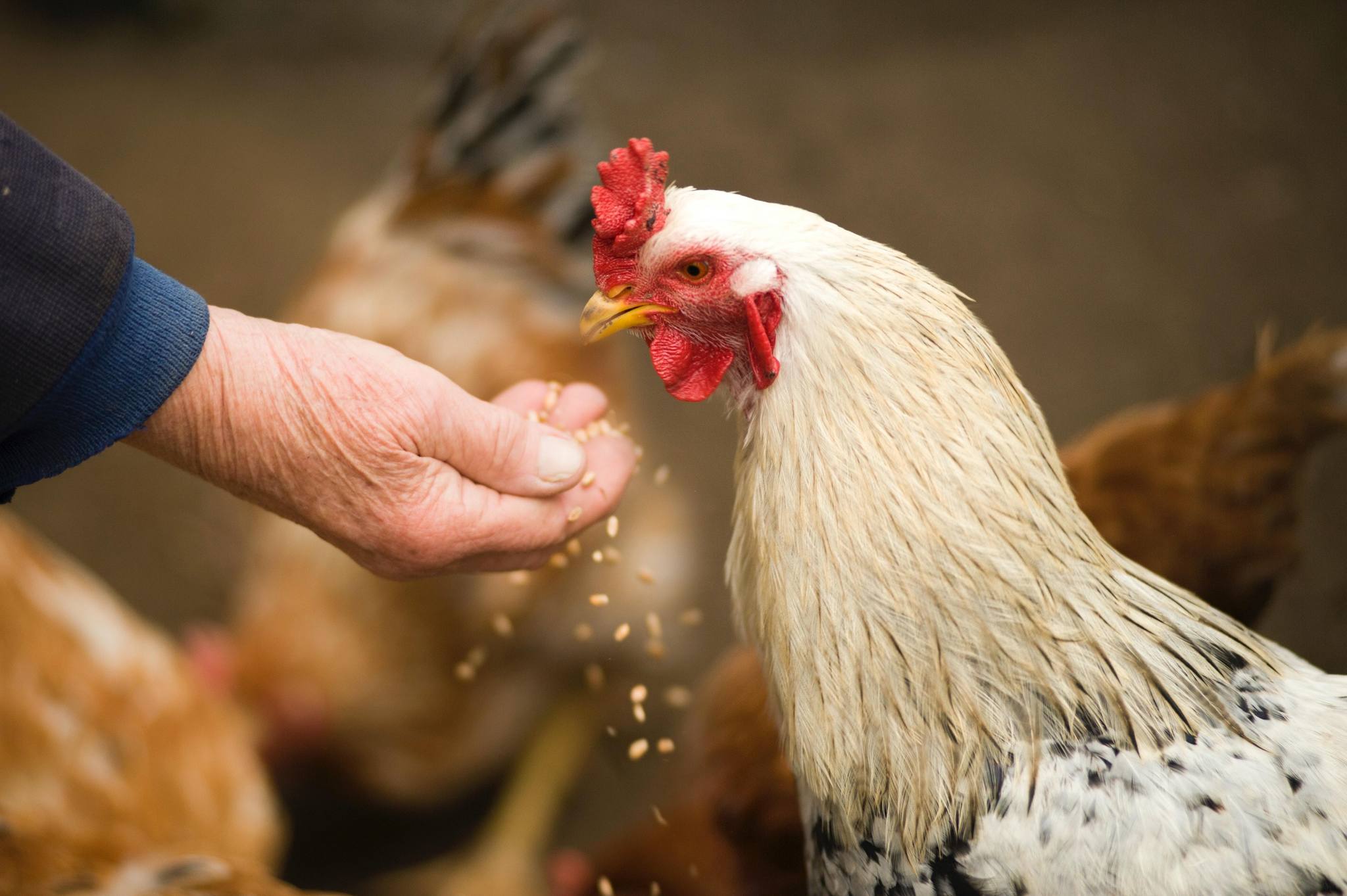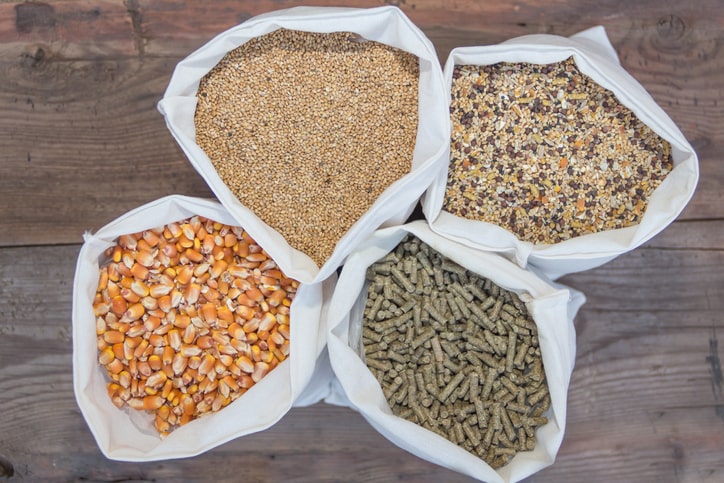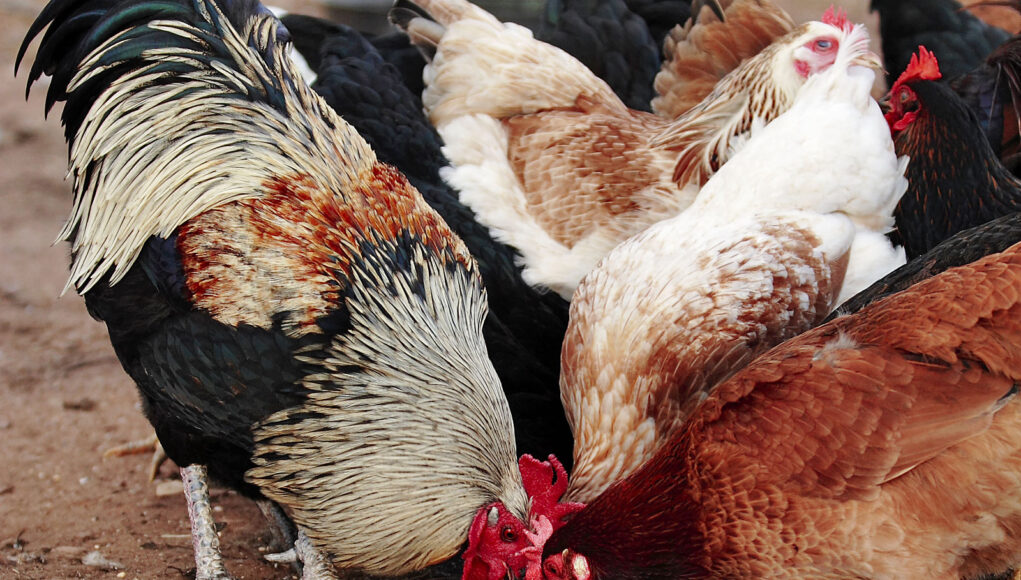For poultry enthusiasts, knowing how to store bulk chicken feed is crucial. Proper storage not only maintains the feed’s nutritional content but also helps prevent spoilage and contamination. Whether you’re managing a backyard flock or a large-scale operation, keeping your chicken feed in optimal condition ensures healthier birds and better egg production.

Why Proper Storage is Essential
The quality of chicken feed can deteriorate if not stored correctly. Exposure to moisture, pests, and extreme temperatures can compromise feed quality. Here, we’ll delve into the most effective ways to store bulk chicken feed and avoid common pitfalls.

Choosing the Right Storage Containers
Types of Containers
When it comes to storing bulk chicken feed, the type of container you use plays a significant role. Some recommended options include:
- Metal Bins: Resistant to pests and durable.
- Plastic Containers: Lightweight and sealable, making them suitable for dry environments.
- Food-Grade Drums: Ideal for large quantities, ensuring goods stay uncontaminated.

Location, Location, Location!
The storage location is just as important as the container you choose. Consider factors such as:
Cool and Dry Places
Temperature and humidity can significantly impact feed quality. Store your feed in cool, dry places to prevent mold growth and spoilage.
Accessibility
Ensure your storage area is easily accessible. This not only makes it convenient to retrieve feed but also ensures regular checks for quality and freshness.

Protecting Against Pests
One of the biggest challenges in storing bulk chicken feed is keeping pests at bay. Here are some tips:
Use Sealed Containers
Ensure all containers are tightly sealed to prevent entry of pests like rodents and insects. Containers should be checked regularly for any signs of breaches.
Regular Cleaning
Maintain cleanliness in storage areas. Cleaning spills and routinely checking for pest activity can deter infestations.
Monitoring Feed Quality
Regular monitoring is key to ensuring the feed quality remains intact. Here’s how you can do it:
Check for Moisture
Using moisture detectors can help identify any unwanted moisture that could lead to mold growth.
Smell and Color
Regularly inspect the feed for any off smells or discoloration, which can indicate spoilage or contamination.
Properly Rotating Stock
To maintain freshness, practice the First-In, First-Out (FIFO) method. This means older bags of feed are used before newer ones, ensuring nothing goes to waste.
Handling and Transporting Bulk Feed
Use Clean Equipment
When handling bulk feed, always use clean scoops and utensils to prevent contamination.
Avoid Overexposure
Try to minimize the feed’s exposure to air and environmental elements during transport to maintain its quality.
Using Natural Preservatives
Using natural preservatives can extend the shelf life of bulk chicken feed. Options include:
- Diatomaceous Earth: Helps in absorbing moisture and controlling pests.
- Natural Antioxidants: Such as vitamin E, which can help maintain feed freshness.
The Role of Feed Supplements
Supplements can help maintain the nutritional balance of chicken feed. It is important to add them as needed and store them properly too.
External Resources and Further Reading
For those interested in further tips and strategies, we recommend visiting this Tractor Supply Guide.
FAQ
What is the ideal temperature for storing bulk chicken feed?
The ideal temperature for storing bulk chicken feed is between 50-70 degrees Fahrenheit, in a dry, shaded area.
How can I prevent mold in my chicken feed?
Ensuring your storage area is cool and dry, using airtight containers, and adding natural preservatives can help prevent mold growth.
Can you use regular storage bins for chicken feed?
While regular storage bins can be used, it’s recommended to use bins specifically designed for food storage to ensure freshness and prevent contamination.
Related Articles
For more information on chicken breeds and poultry care, check out the following articles:
As an Amazon Associate, I earn from qualifying purchases.









